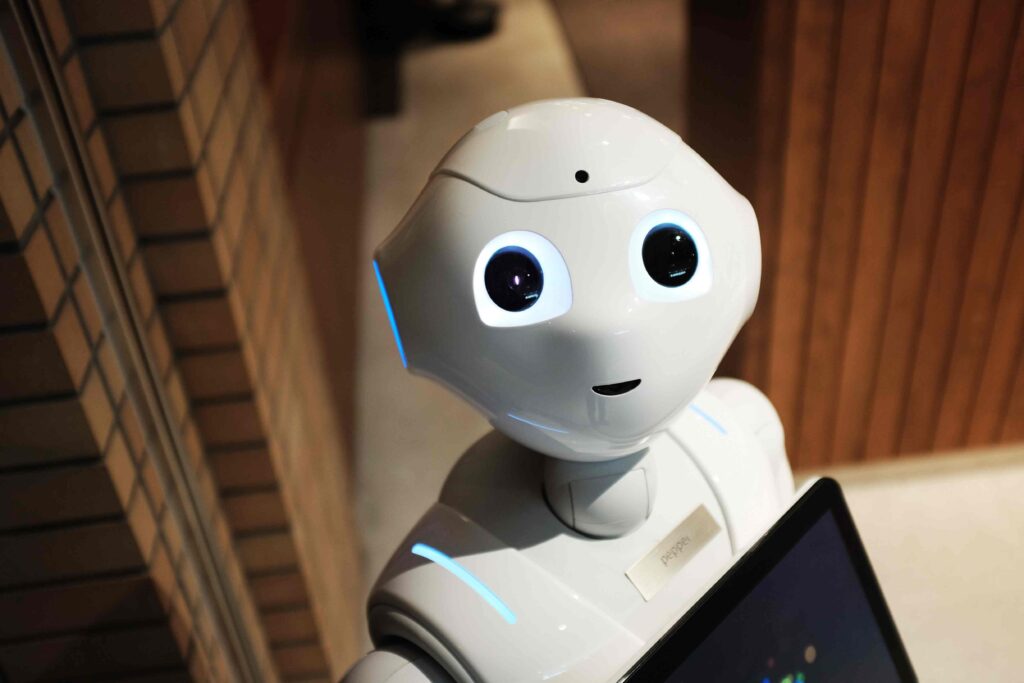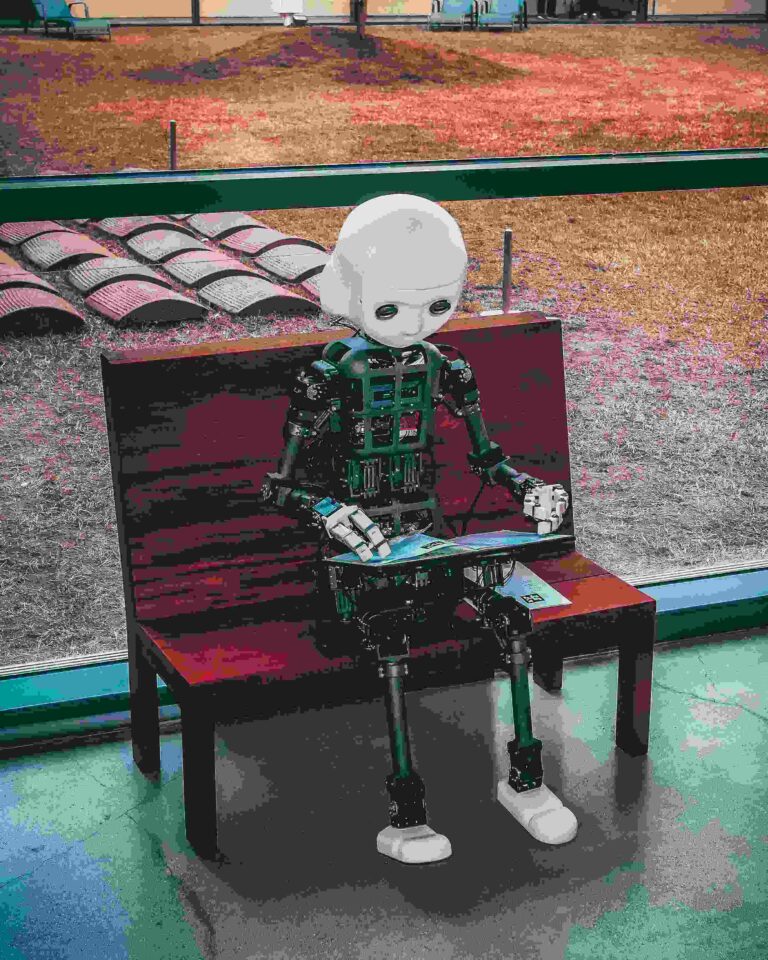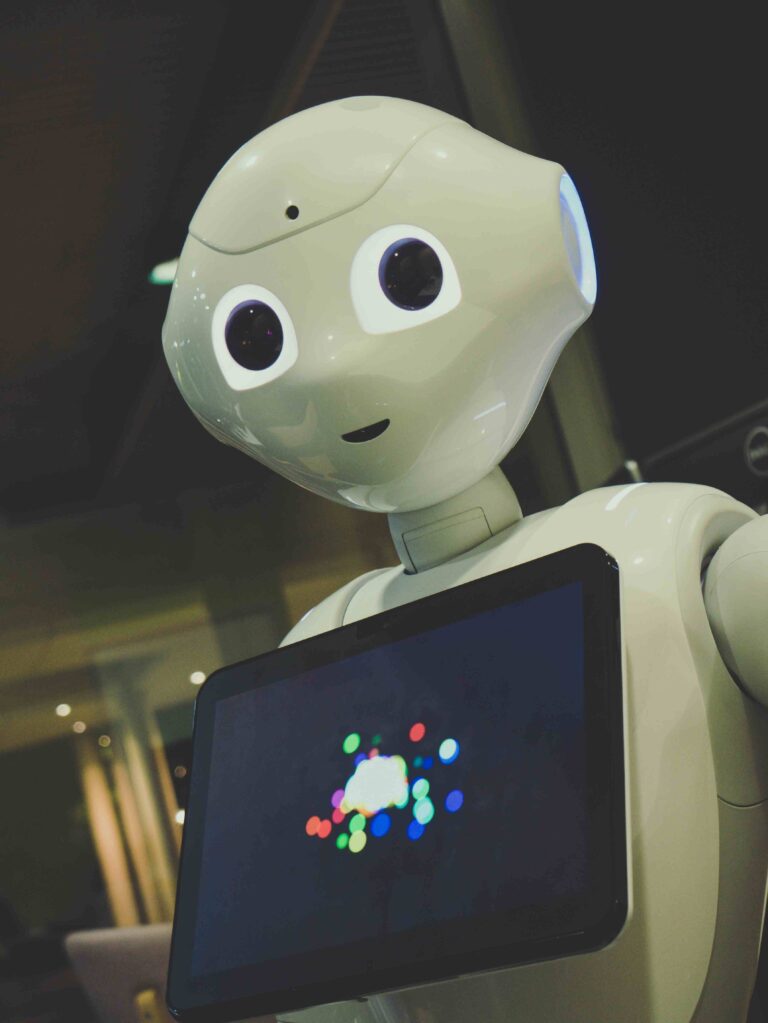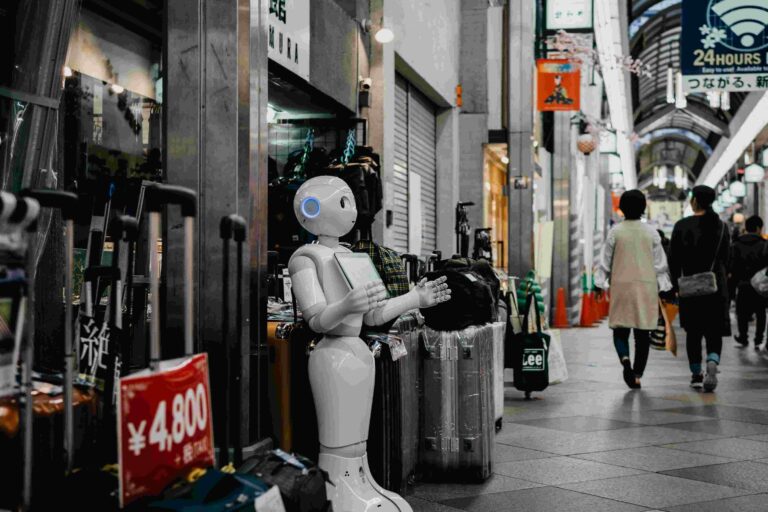Will AI Be the Savior or the Downfall of the Job Market?

One question looms large. Will Artificial Intelligence (AI) rescue the job market or lead to its demise? As 2023 unfolds, the AI industry is flourishing. Projections indicate a market that could be worth $1.35 trillion by 2030. However, the fear of job displacement is palpable, with 38% of employees concerned about the automation of their roles within the year.
The Economic Boom Versus the Job Market

Dr. Emily Thompson, a leading expert in AI economics, states, “The AI industry is an evolving ecosystem.” The World Economic Forum predicts that AI could create around 97 million new jobs. This could significantly boost the global economy. Sectors like healthcare, logistics, and even the creative arts are witnessing an influx of AI-powered roles that were unimaginable a decade ago.
Yet, this economic prosperity comes with caveats. “AI is a double-edged sword,” warns Dr. Thompson. “It creates jobs but also automates existing ones. The net impact remains uncertain.”
To delve deeper, let’s consider the manufacturing sector. Automation and AI have already replaced many manual jobs. However, they have also created new roles that require a different skill set, such as machine learning engineers and data analysts. The transition is not smooth for everyone, and re-skilling becomes a necessity. Governments and organizations are now investing in training programs to prepare the workforce for an AI-driven future.
Ethical Questions Surrounding Automation and Human Labor
Ethical questions are emerging as AI integrates into various industries. Dr. Alan Harris, a philosopher specializing in technology ethics, argues, “The automation of jobs is not just an economic issue; it’s an ethical one. We must consider the ethics of replacing human labor entirely with machines, especially in sectors requiring emotional intelligence.”
An anonymous expert in the manufacturing industry offers a counterpoint. “The fear of machines taking jobs is as old as the industrial revolution. We should focus on how AI can assist human labor, not replace it. The narrative needs to shift from replacement to enhancement.”
This brings us to the healthcare sector, where AI is making significant strides. Machine learning algorithms can now diagnose diseases with high accuracy. However, the role of healthcare professionals remains crucial for patient care. The question then arises: Should we allow AI to make life-and-death decisions? Ethical committees are now being formed to address these complex issues, balancing technological advancement with moral responsibility.

The Future as a Balancing Act

Dr. Sarah Lee, a futurist specializing in AI, looks towards a future where AI is a ubiquitous part of our lives. “The challenge is ensuring technological advancement doesn’t lead to social inequality. We need policies for equal access to AI education and job opportunities.”
Dr. Lee adds, “We are at a critical juncture. The next decade will be essential in determining the trajectory of AI’s impact on society. Governments, organizations, and individuals must collaborate to ensure that AI serves as a force for good.”
The education sector is one area where this collaboration is crucial. With AI set to dominate the job market, education systems worldwide are integrating AI and machine learning courses into their curricula. However, access to quality education remains a challenge in many parts of the world, exacerbating the digital divide. Initiatives are underway to democratize AI education, but much work remains to be done.
The Ticking Clock
The role of AI in shaping the future job market is a complex tapestry of opportunities and challenges. The economic benefits are tangible, but so are the ethical dilemmas and potential for job loss. As we navigate this uncharted territory, the responsibility is on us to guide the ship carefully. We must ensure that the AI revolution uplifts humanity rather than undermines it. The clock is ticking, and the time for informed action is now.
The stakes are high, and the decisions we make today will echo into the future. Will we use AI to create a more equitable, prosperous world? Or will we allow it to deepen existing inequalities, creating a dystopian society where only a privileged few reap the benefits? As we ponder these questions, one thing is clear: the future of AI is not predetermined. It is a story that we, as a society, will write together. And as the pages of this narrative unfold, we find ourselves at a pivotal chapter, one that will shape the course of history for generations to come.



